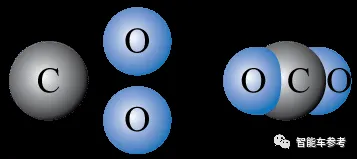According to foreign media reports, in order to detect the durability, condition and actual range of the battery, it is common to use a more complex battery management system (BMS), however, the system's data is prone to error.
The Fraunhofer R&D Center for Electromobility Bavaria is developing a cost-effective sensor system that can be integrated directly into the battery and is designed to measure the battery's charge with a higher degree of accuracy than current commercially available battery management systems.
Deficiencies in battery management systems
The battery management system measures the charge of each cell based on current and voltage, which is prone to error as the system's current is based on default values. For frequent partial charge and specific battery types, it may not be possible to accurately measure the battery charge value. In addition, the above system will consume part of the battery's own power.
Higher accuracy of ultrasonic pulse detection
The Fraunhofer Institute for Silicate Research (Fraunhofer ISC), on the other hand, uses ultrasonic pulses to test the battery's state of charge. The energy density of the negative electrode changes depending on the state of charge and discharge of the cell, which can be measured directly from this parameter and gives an estimate of the battery charge.
The advantages of this method are many: the evaluation is simpler and more accurate due to the linear relation between the battery charge and the measurement signal. The test cell can monitor several cells at the same time, and the battery charge can be checked during charging and discharging without permanent control, which saves energy and money.
As the ultrasonic signal creates a direct correlation with the mechanical properties of the cell, it also takes into account the aging of the battery material, resulting in a more accurate value of the remaining charge, and thus a more accurate picture of the battery's performance.
The new sensor system is suitable for all types of batteries.lithium ion batterywith its best match. Application areas for this device include: electric vehicles, stationary energy storage systems and drones.
[Zhongshun Xinneng Administration Department December 27, 2017 Responsibility: Xiao Zhang]
Disclaimer:This article only represents the author's personal views and has nothing to do with this website. This website posted this article for the purpose of transmitting more information, and does not mean to endorse its views or confirm its description. The content of the article is for reference only, and readers are advised to verify the content.




